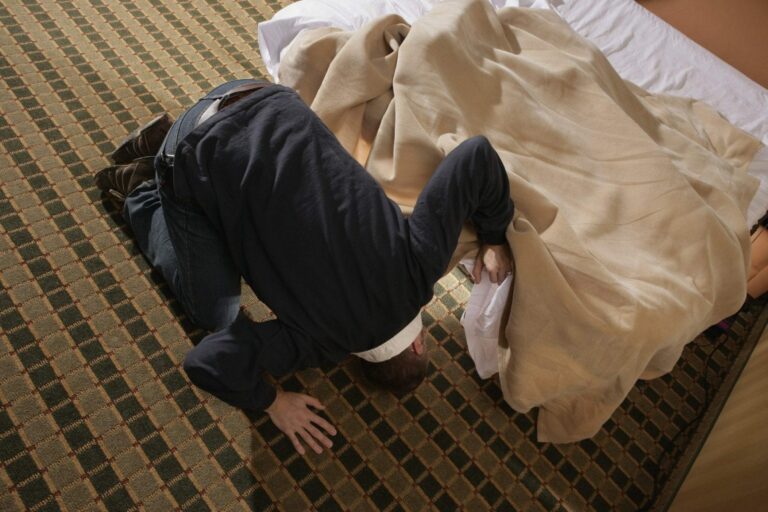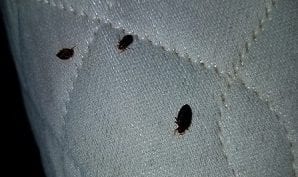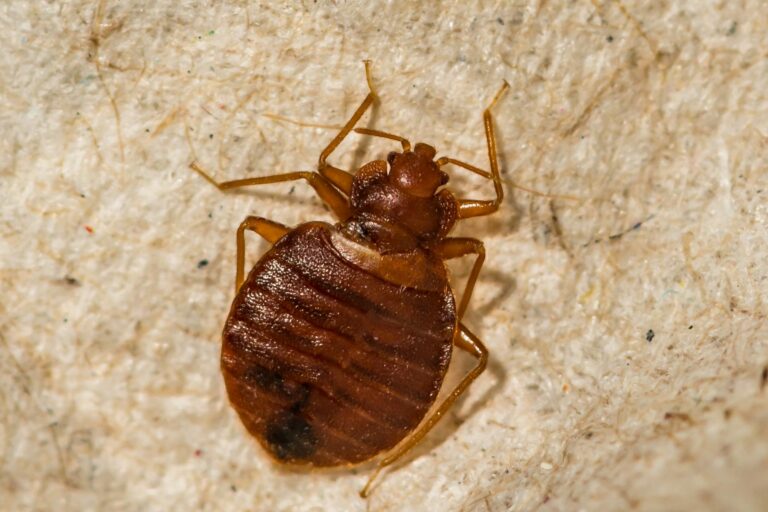Do Bed Bugs Live Outside? All You Need to Know!
It’s not a question of poor hygiene, they don’t spread disease, but they can be a terrible nuisance. We’re talking about bed bugs, a plague that invaded hotels, office buildings, and even nursing homes last year and now, with increasing numbers in the USA.
In fact, according to Cleveland authorities, pest control companies are being called almost every day for bed bug infestations. Cleveland is one of many cases. Across America, many indoor spaces have been heavily attacked by the plague of bed bugs, as they are known, but a similar situation exists in other cities worldwide. So, why can’t bed bugs live outside?
An Ongoing Plague
The bed bug, or “Cimex Lectularius” success story, has at least 3000-year-old archaeological records. But these insects were passed from bats to humans long ago. Throughout the Middle Ages and the centuries following, historical records of these insects show an alarming increase in Germany, France, and England. By the early 20th century, these parasites were a constant in the western world, but the use of insecticides after World War II seemed to control bed bugs and stop the spread.
In the past 20 years, everything has changed, and there has been a resurgence, with insecticide resistance, tourism, and the purchase of second-hand furniture being the leading causes of bed bug infestation. You can find “Cimex Lectularius” anywhere people congregate, including homes, hotels, schools, offices, stores, and even vehicle interiors. So, do bed bugs live outside? Unfortunately, not.
Can Bed Bugs Live Outside? No.
Bed bugs descended from a similar order of species. This bug inhabited caves safe from winter’s biting cold and preyed on bats. They adapted to warm indoor temperatures during their host transition from bats to humans. As a result, bed bugs become vulnerable and reliant on indoor environments and aren’t morphologically fit for outside habitation.
Aside from their habitation, both modern bed bugs and their predecessors are photosensitive, indicating that bed bugs are sensitive to light. There are various causes for this, including:
- Bed bugs hide in the dark.
- Bed bugs prefer to feed at night when their host is not active.
- Bed bugs digest long after feeding and require a safe area.
- A bed bug likes to lay its eggs in a secure location. The darker and more concealed the space, the safer it is.
But even though we’ve done our best to keep our homes as comfortable as possible, they continue to spread.
How to Get Rid of Bed Bugs
So, how can you see bed bugs and get rid of them? You can address bed bug control in two ways:
Traditional Methods
- Remove all bedding and thoroughly inspect the mattress.
- Look for dead bed bugs or droppings (small black spots). Also, examine the pillow, pillowcases, and sheets.
- Look for cracks, crevices, and corners where they usually hide.
- You can also choose to use an insecticide in the remaining areas, but beware: never on the bedding.
Contact an Expert
Sometimes, bed bugs can show excellent resistance, making their control and eradication difficult. In addition, the misuse of insecticides can have an adverse effect by dispersing these pests and forcing bed bugs to travel to areas free of infestation. In these cases, the next step is to contact a pest control company for pest management.
Count on Bed Bug Barbeque
These pests are a serious public health concern! Bed Bug Barbeque are experts in the biology of urban pests. We introduce environmentally sustainable methods to treat bed bug infestations and prevent bed bugs through unparalleled training and the latest technology.
We protect your home and the risk of bed bug bites with an effective plan tailored to your specific needs, ensuring effectiveness in the shortest possible time.







